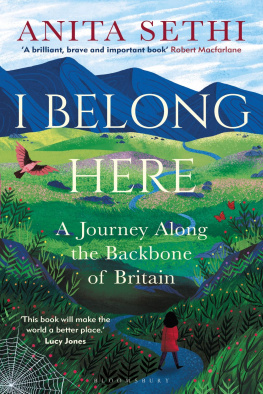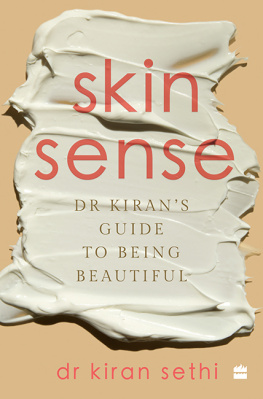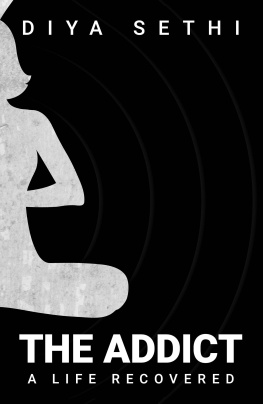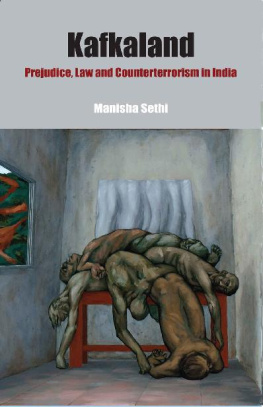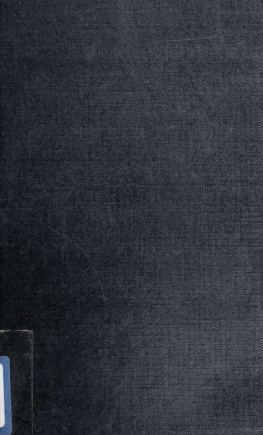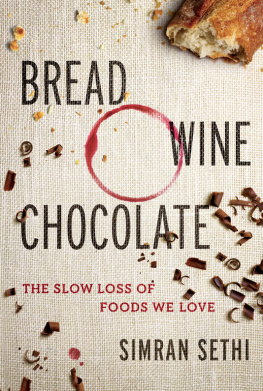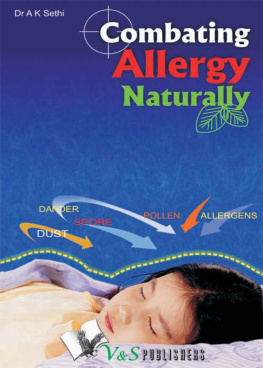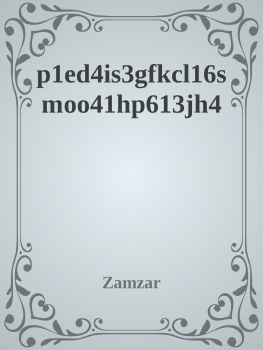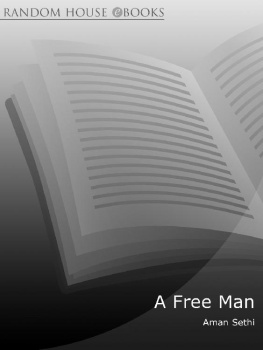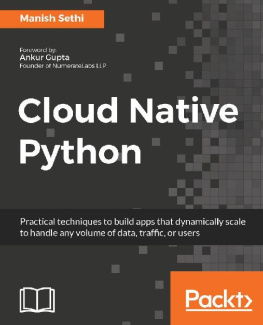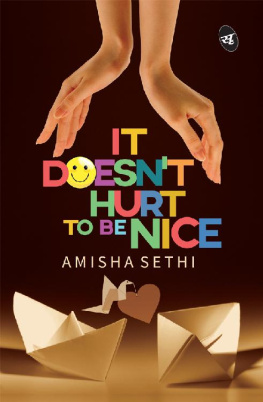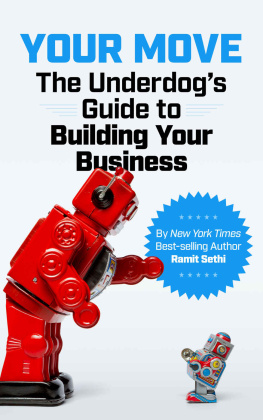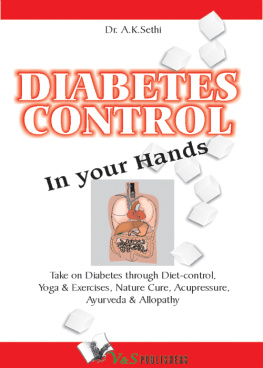Anita Sethi - I Belong Here: A Journey Along the Backbone of Britain
Here you can read online Anita Sethi - I Belong Here: A Journey Along the Backbone of Britain full text of the book (entire story) in english for free. Download pdf and epub, get meaning, cover and reviews about this ebook. year: 2021, publisher: Bloomsbury UK (Trade), genre: Romance novel. Description of the work, (preface) as well as reviews are available. Best literature library LitArk.com created for fans of good reading and offers a wide selection of genres:
Romance novel
Science fiction
Adventure
Detective
Science
History
Home and family
Prose
Art
Politics
Computer
Non-fiction
Religion
Business
Children
Humor
Choose a favorite category and find really read worthwhile books. Enjoy immersion in the world of imagination, feel the emotions of the characters or learn something new for yourself, make an fascinating discovery.
- Book:I Belong Here: A Journey Along the Backbone of Britain
- Author:
- Publisher:Bloomsbury UK (Trade)
- Genre:
- Year:2021
- Rating:4 / 5
- Favourites:Add to favourites
- Your mark:
- 80
- 1
- 2
- 3
- 4
- 5
I Belong Here: A Journey Along the Backbone of Britain: summary, description and annotation
We offer to read an annotation, description, summary or preface (depends on what the author of the book "I Belong Here: A Journey Along the Backbone of Britain" wrote himself). If you haven't found the necessary information about the book — write in the comments, we will try to find it.
Anita Sethi: author's other books
Who wrote I Belong Here: A Journey Along the Backbone of Britain? Find out the surname, the name of the author of the book and a list of all author's works by series.
I Belong Here: A Journey Along the Backbone of Britain — read online for free the complete book (whole text) full work
Below is the text of the book, divided by pages. System saving the place of the last page read, allows you to conveniently read the book "I Belong Here: A Journey Along the Backbone of Britain" online for free, without having to search again every time where you left off. Put a bookmark, and you can go to the page where you finished reading at any time.
Font size:
Interval:
Bookmark:


In memoriam Sophie Christopher (19902019)
To everyone who has ever felt like they dont belong


Contents
I watched the wings as they soared through the sky so sure of itself, so confident was the curlew as it caressed the clouds, so in its element. Where do I belong? Such a perennial question of existence and I remember the flight of that curlew I saw in the Pennines when I consider the quest for a sense of belonging. The bird belongs in its fine feathers and in its nest and in the air, flying through the sky with such ease and grace. The fish belongs in its spectacular scales and in its watery habitat. The bulb belongs in soil, in its state of becoming, growing towards the light. How could I feel a sense of belonging in my own body, in my own self, in the world?
What does it mean to belong? What does it mean to feel like you dont belong? How can nature help us to find a greater sense of belonging, and how can we ensure people care enough to realise that nature and wildlife belong as much to the world as humans do?
A definition of to belong is to be in the right place; we all belong here in the world, our shared home. If the conditions that make up our belonging on earth are removed completely, we will ultimately perish. Belonging is a need, like water and air and food vital elements in the natural world that every living organism needs to survive, making us realise that we are not apart from but a part of nature; nature flows through our very veins, fills our lungs, and pulses in our hearts. As well as water, air, food and shelter, we have felt more than ever what else we need, what is essential and what is not. Is it possible to survive without friendship and community? Without love and language? Without basic care and respect for each other and for wildlife? Without civil rights? These elements also make up our belonging. This book was born during a time when our primal need to belong and ways in which some of us are brutally denied the basic elements of belonging has been evidenced in the extreme.
Everyone needs to feel a sense of belonging, and without it arises a deep loneliness and isolation that can affect the mental health and such loneliness has seeped through my life since childhood.
All my life I felt like I didnt belong, and I grew used to that sense of unbelonging; being an outsider has shaped my life in many ways and made me become a writer. But there comes a time when its necessary to say: I belong here. It might come when someone is trying to push you from a place, to eradicate you. It might come when your basic rights are being denied. It might come when you are struggling to breathe clean air, when you are struggling to breathe at all. Its exhausting having to prove and explain why we belong, yet so often have I had to do so on account of multiple macro and microaggressions. Ultimately, I hope for a world in which every creature great and small is accepted and I dont have to say it at all.
I was on a journey through northern England in early summer 2019 when I became the victim of a hate crime, when a man attacked my right to belong here, with words that hurt the very heart of me. The North is my home, having been born and bred in Manchester the TransPennine Express train even passed through the city on its route from Liverpool to Newcastle. The hate crime was a vicious attack on my right to exist in a place on account of my race. I was called Paki cunt and told to get back on the banana boat and go back to where youre from and yet this country is where I belong.
Hate crime is on the rise in our hostile environment. After the attack some advised me to stop travelling alone due to the dangers, and I experienced panic attacks and anxiety at the thought of travelling by myself. But I was intent on not letting a hate crime stop me moving about freely and without fear in a country where I belong. I was eager to continue travelling alone as a woman, asserting my right to exist.
One day I was looking at a map of the North and there, along the route of my train journey, falls the Pennines, the backbone of England, with its nature reserves, national parks, and Areas of Outstanding Natural Beauty (an area of countryside designated for conservation due to its significant landscape value). My heart quickened as I looked at the miniature mappings of its mountains and rivers. The TransPennine Express journey had run a route tantalisingly close to such Pennine areas, but it would take walking and local railways to fully explore it. I longed to journey through the natural landscapes of the North, transforming what began as an ugly experience of hate and exclusion into one offering hope and finding beauty after brutality.
Go back to where youre from . This is where Im from. Im from the North. The glorious North. Our emotional connection with certain places runs deep and forceful as a river, and during and after the hate crime I felt how profound my connection was with the North. Although a racist had viciously told me to leave, I felt a magnetic pull drawing me back not to get further from it but even deeper into it.
My journey is one of reclamation, a way of saying, to adapt the Woody Guthrie song title, this land is my land too and I belong in the UK as a brown woman, just as much as a white man does. Journeying through the so-called backbone of England also feels symbolic, a way of showing backbone myself and that I will not let having been the victim of a race hate crime curtail my movements through the world, despite the trauma and panic attacks that followed.
The nature of trauma is that it lives on after the traumatic incident. The man who racially abused me was arrested, charged, pleaded guilty and was convicted of a racially aggravated public order offence, using threatening, abusive, insulting words and behaviour. After I heard my abuser had pleaded guilty, I felt the oxygen return to my lungs. But in the days and weeks that followed, I still experienced anxiety attacks, feeling the room closing in on me as my breathing became rapid and my heart pounded. I saw the mans face flash through my mind. I felt a crushing pain at the suggestion that I had no right to exist in a place that is my home. At my lowest ebbs I wanted to cease existing. When I walked up through the carriages, the man had threatened to set fire to me. I had nightmares about choking on smoke. Sleeplessness left me exhausted. Even walking the streets of the city, I felt a sense of claustrophobia. That year Id been racially abused twice while walking the streets, in Nottingham and London.
As my claustrophobia grew, I began to long for wide open spaces, to breathe freely in the great outdoors. I hungered for greenness.
I began to devour more and more maps of the Pennines and plot out a route, reading up about the Pennine Way, Britains oldest long-distance footpath, which runs for 431 kilometres through the backbone of Britain. This path was the idea of the rambler Tom Stephenson who, in 1935, wrote about how he yearned for a long green trail like those of the John Muir Trail through the Sierra Nevada mountain range and the Appalachian Trail in the eastern mountains of the US. I also saw that the Pennine range is not confined to the Way but stretches from the Peak District, up through the Yorkshire Dales and into the North Pennines, fringed by the foothills of the Lake District, with a westerly outpost in the Forest of Bowland.
Font size:
Interval:
Bookmark:
Similar books «I Belong Here: A Journey Along the Backbone of Britain»
Look at similar books to I Belong Here: A Journey Along the Backbone of Britain. We have selected literature similar in name and meaning in the hope of providing readers with more options to find new, interesting, not yet read works.
Discussion, reviews of the book I Belong Here: A Journey Along the Backbone of Britain and just readers' own opinions. Leave your comments, write what you think about the work, its meaning or the main characters. Specify what exactly you liked and what you didn't like, and why you think so.

